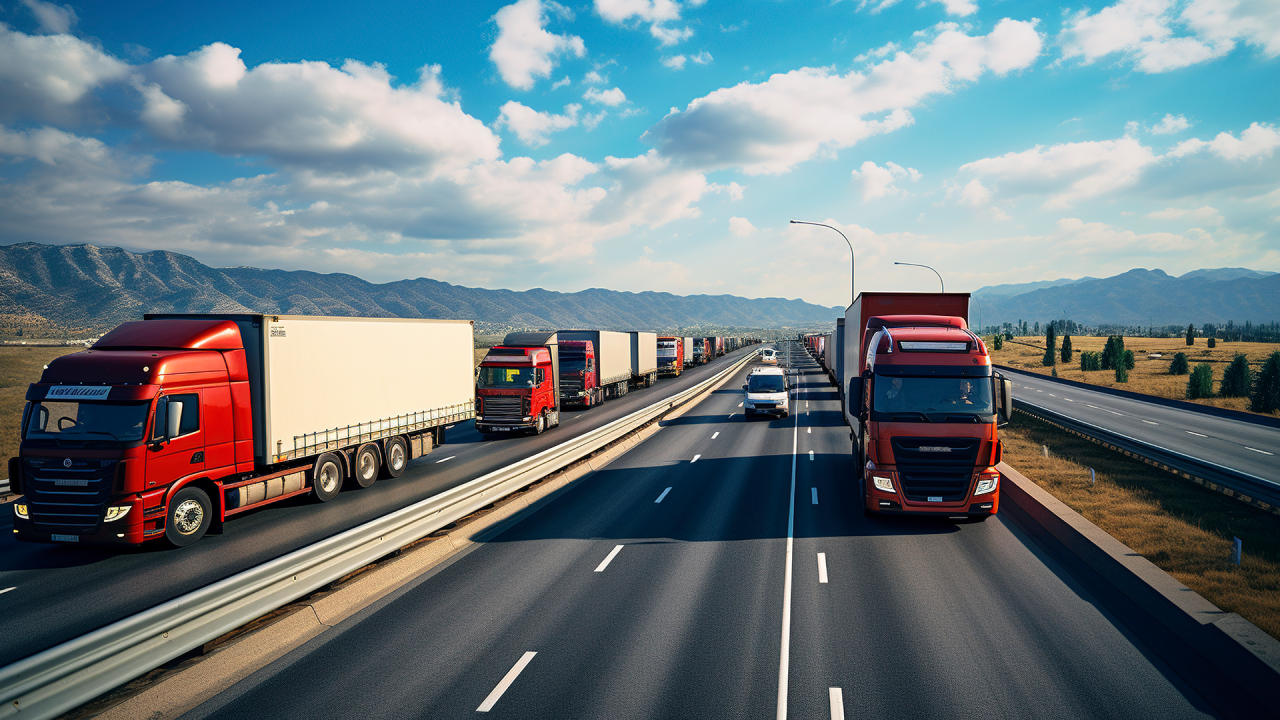The transport industry is undergoing a revolution that is fundamentally transforming logistics delivery, creating a connected and efficient world. This revolution is driven by technological advancements, changing consumer demands, and the need for sustainability. One of the most significant changes is the integration of digital technologies into every aspect of transportation and logistics. From advanced GPS systems to sophisticated route optimization algorithms, digital tools are streamlining operations and maximizing efficiency. Real-time tracking systems enable precise monitoring of shipments, allowing companies to optimize routes, reduce delivery times, and minimize costs. This level of connectivity between vehicles, warehouses, and distribution centers has ushered in an era of unprecedented efficiency in logistics. Furthermore, the rise of autonomous vehicles is poised to revolutionize the transport industry even further. Self-driving trucks and drones are increasingly being utilized for last-mile delivery, reducing the need for human intervention and cutting down on delivery times.
These autonomous vehicles can operate around the clock, enhancing productivity and enabling companies to meet the growing demand for same-day and next-day delivery services. Additionally, they contribute to improved safety on the roads, as they are equipped with advanced sensors and algorithms that can react faster and more accurately than human drivers, reducing the risk of accidents. In parallel with the adoption of digital technologies and autonomous vehicles, there is a growing emphasis on sustainability in the transport industry. Electric and hydrogen-powered vehicles are becoming more prevalent, offering a cleaner alternative to traditional gasoline and diesel vehicles. These eco-friendly vehicles not only reduce greenhouse gas emissions but also lower operating costs for companies through savings on fuel and maintenance. Moreover, the development of smart grids and renewable energy sources is enabling the widespread adoption of electric vehicles by providing efficient charging infrastructure and reducing dependence on fossil fuels.
Another key aspect of the truck freight companies transport revolution is the emergence of on-demand and shared mobility services. Ride-hailing apps, bike-sharing programs, and carpooling platforms are reshaping the way people travel, reducing congestion on roads and lowering carbon emissions. These services offer greater flexibility and convenience to consumers while promoting the efficient use of resources. Similarly, in the logistics sector, the sharing economy is gaining traction, with companies pooling their resources and collaborating on deliveries to optimize efficiency and reduce costs. The transport revolution is not limited to land-based vehicles; it also encompasses significant advancements in maritime and air transport. Smart ports equipped with automated cranes and sensors are improving the efficiency of cargo handling operations, reducing turnaround times for ships, and minimizing the environmental impact of port activities. In the air transport sector, the use of drones for cargo delivery is becoming increasingly common, particularly in remote or hard-to-reach areas.
